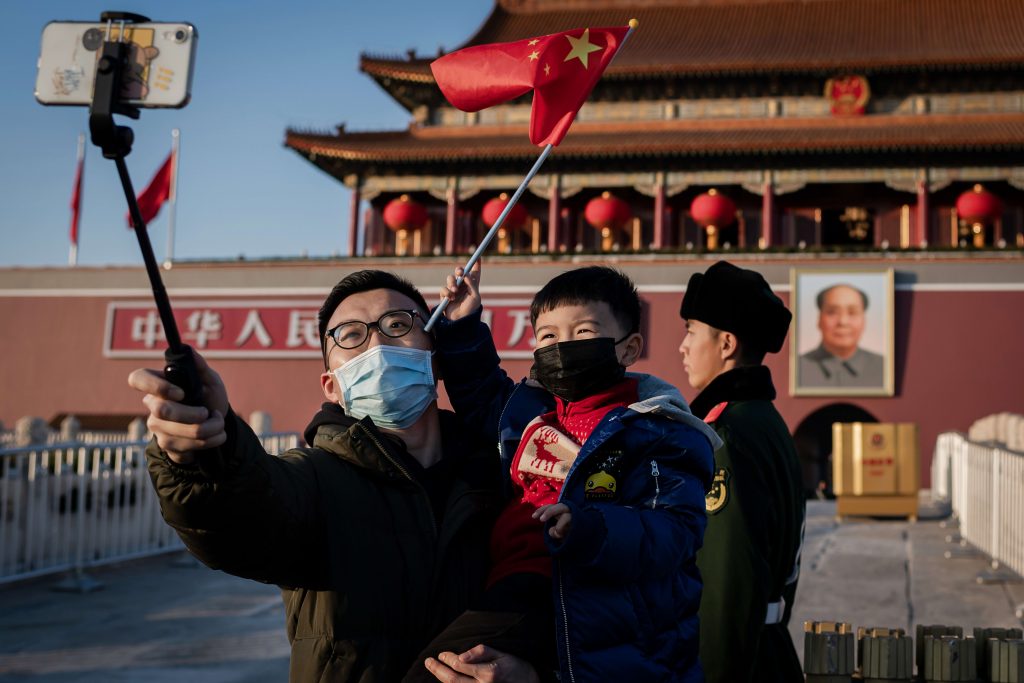
U.S. Secretary of State Mike Pompeo’s speech slamming China was an “angry lament” and “extended ideological rant” that would do little to change Beijing’s behavior, said a former top American diplomat to Asia.
Specifically, Pompeo’s seeming attempt to rally the Chinese people against the Communist Party of China is “primitive and ineffective” that’s likely to increase support for Chinese President Xi Jinping, said Daniel Russel, who was appointed as assistant secretary of State for East Asian and Pacific affairs by President Barack Obama and served from 2013 to 2017.
“This sort of denunciation (is) having the opposite effect, in bolstering support in China for Xi Jinping and deepening anger towards the United States,” he told CNBC’s “Squawk Box Asia” on Friday.
“Complaining is not fixing and denouncing is not diplomacy,” said Russel, who’s now vice president for international security and diplomacy at the Asia Society Policy Institute.
Pompeo on Thursday delivered a sweeping address at the Richard Nixon Presidential Library, saying the U.S. will no longer tolerate Beijing’s playbook to usurp global order and calling on allies to “induce China to change.”
He also called for the engagement and empowerment of the Chinese people, whom he described as “dynamic and freedom-loving people who are completely distinct from the Chinese Communist Party.”
US Secretary of State Mike Pompeo speaks during a press conference at the State Department in Washington, DC, on March 25, 2020.
Andrew Caballero-Reynolds | AFP | Getty Images
Michael Hirson, Eurasia Group’s practice head for China and Northeast Asia, said the secretary of State’s remarks got as close as he could to calling for a regime change in China. But with the U.S. presidential election nearing, Chinese policymakers are unlikely to react in way that would “fundamentally” change the two countries’ relationship, he said.
“So they’re, to some extent, absorbing these body blows and I think waiting for after the election to decide where Beijing wants to take this relationship,” Hirson told CNBC’s “Street Signs Asia” on Friday.
“For the time being, they’re watching it evolve and are not prepared to take drastic changes that would change the way that Beijing is dealing with this new challenge from the U.S.,” he added.
Relations between the U.S. and China — the world’s top two economies — have been at their worst in decades. In addition to the countries’ ongoing trade war, both sides have recently sparred over a range of issues including the origin of the coronavirus and China’s move to implement a national security law in Hong Kong.
Russel said the “blame China” and “get tough on China” rhetoric in the U.S. means tensions between the two countries could worsen.
“This is sort of an immovable object meeting an irresistible force, there’s a lot of friction and it’s unlikely to end well,” he added.
— CNBC’s Amanda Macias contributed to this report

